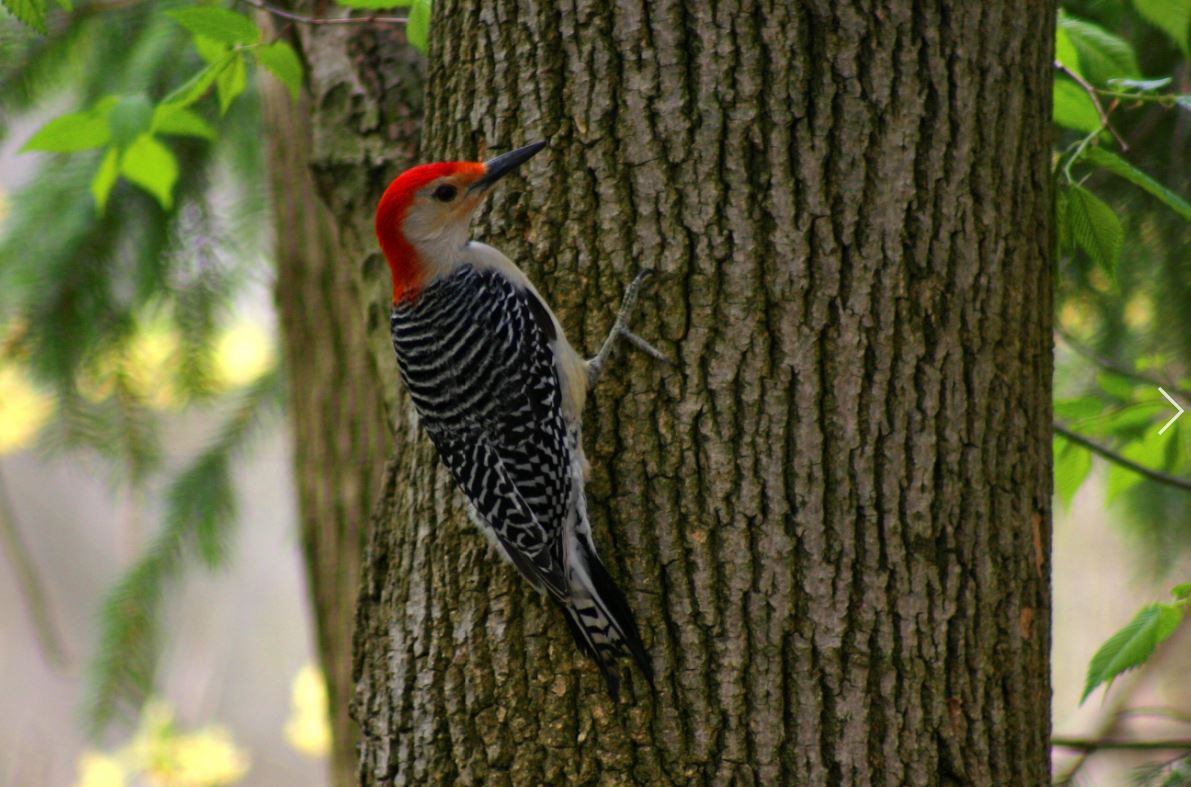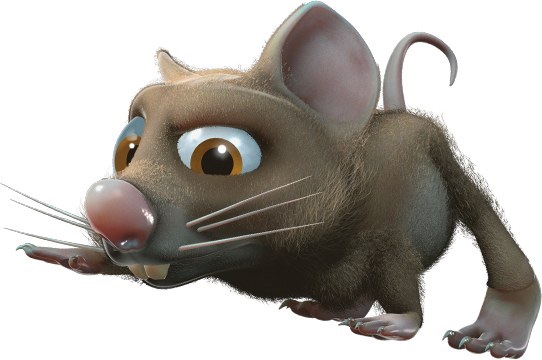Why Do Woodpeckers Peck Wood?

Woodpecker Behavior, Like Why They Peck Wood, Allows Us to Better Understand Damage-Causing Bird
Woodpeckers can do serious damage to your home and even expose you to other issues like other pests.

The first step in minimizing woodpecker damage is understanding why woodpeckers peck wood and how deforestation has forced them to find other places to live.
Woodpecker Drumming
Drumming behavior is intended to make noise to attract a mate or, much the opposite, to let other woodpeckers know that the territory is claimed. Woodpecker drumming doesn’t generally cause much damage, but the noises can be irritating and frequent.
Woodpecker Feeding
Woodpeckers will drill into wood looking for beetles, larvae, and other insects. If you have an insect infestation in the wood of your home or deck, woodpeckers will go after those insects and can cause extensive damage trying to get at their next meal. These holes will be small and irregular.
Woodpecker Nesting
Woodpeckers nest in cavities that they often hollow out themselves. When woodpeckers drill in one large, deep hole, it can indicate that the woodpecker is attempting to nest. Woodpecker nests are the largest, most noticeable holes a woodpecker will typically create, but it’s a problem you don’t want anywhere in the structure of your home.
Woodpeckers generally lay 6 to 8 eggs at a time, which are taken care of by the female woodpecker inside of the large nesting cavity. Humans should never touch or move eggs from an established woodpecker nest, as woodpeckers are protected under the Migratory Bird Act and such actions are illegal without the proper authorization.
 Deterring Woodpeckers & Their Pecking Behavior
Deterring Woodpeckers & Their Pecking Behavior
Removing large trees and branches near your home can discourage woodpecker activity. Woodpeckers prefer thicker coverage and will feel more vulnerable without it.
There are many other options out there to help deter woodpeckers and their pecking behaviors, including using reflective surfaces, plastics owls, balloons, streamers, and sound systems with hawk noises. However, studies have shown that these methods are inconsistent in their ability to keep woodpeckers away. You may have to test several options before finding a successful solution.
If you want to enjoy the beauty of woodpeckers nearby but don’t want to deal with the damage, leaving dead trees on your property, installing woodpecker feeders or an appropriate-sized woodpecker house can give the birds another place to live and feed while discouraging them from looking for food or a nesting site in your home. Contacting an experienced pest control company to, among other steps, remove a woodpecker’s food source from your home will encourage the bird to move on and find food somewhere else.
Deterring woodpeckers can be challenging because they are territorial and determined creatures. It is important to hire a professional for help controlling and deterring woodpeckers since humans cannot injure or attempt to capture the birds under the Migratory Bird Act.
Most importantly, it is critical to cover holes created by woodpeckers as soon as possible since those holes become easy access points for bees, squirrels, and other pests — maybe even other woodpeckers.


 Deterring Woodpeckers & Their Pecking Behavior
Deterring Woodpeckers & Their Pecking Behavior



